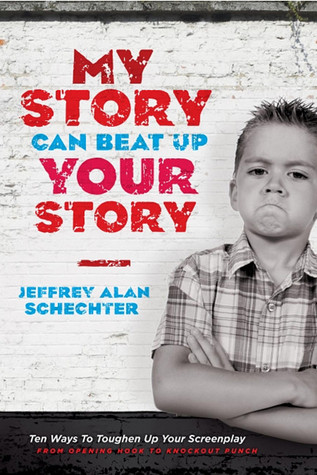Here’s an issue I’ve been dealing with lately: the minute description of trivial actions in fiction. I call it telescoping, stretching out something that can easily fit into a smaller space. The following is an example, entirely from my head and not from a manuscript I’ve been reading lately (certainly not yours).
I got up. I walked to the fridge. I opened the door, looked inside, and got a beer. Then I turned around and went over to the counter to find an opener.
This entire passage could be replaced by “I got myself a beer.” Even this abbreviated version, which conveys every nuance of the previous example, is unnecessary unless it relates to the plot in some way. Is the narrator an alcoholic? Is it 9:30 in the morning? Does the narrator, unable to locate a bottle opener, attempt to open said beer with a bread knife and sever a finger, requiring a trip to the ER, where he meets his love interest/nemesis/long-lost son? If the answer is no, cut the beer. Get yourself a beer (unless it’s 9:30 in the morning or you’re driving while writing, which I don’t recommend) and figure out what you want to make happen in this paragraph. Writing just to get words on the page is fine, but go back and cut the filler on your next revision day. Fiction is not third-grade arithmetic; you don’t need to show your work.
My point? Trust your readers to follow you. If your hero is watching TV in one room when the doorbell rings, the next line doesn’t have to tell us that she got up and walked to the door and opened it. “The doorbell rang. It was Eddie, the punk kid from downstairs.” We get it. If you’re afraid that readers will get lost or bored unless you take every little step with them, maybe you need to rethink your story. Anything that is tedious to write will be several orders of magnitude more so to read. An agent won’t bother, nor will any disinterested* shopper perusing your author site and considering dropping $8.99 on your self-published masterpiece.
Just get there; we’re right behind you.
*disinterested means unbiased, open to possibilities, as opposed to uninterested, which means “mind made up already, Do Not Want.” Today you get two for one.






